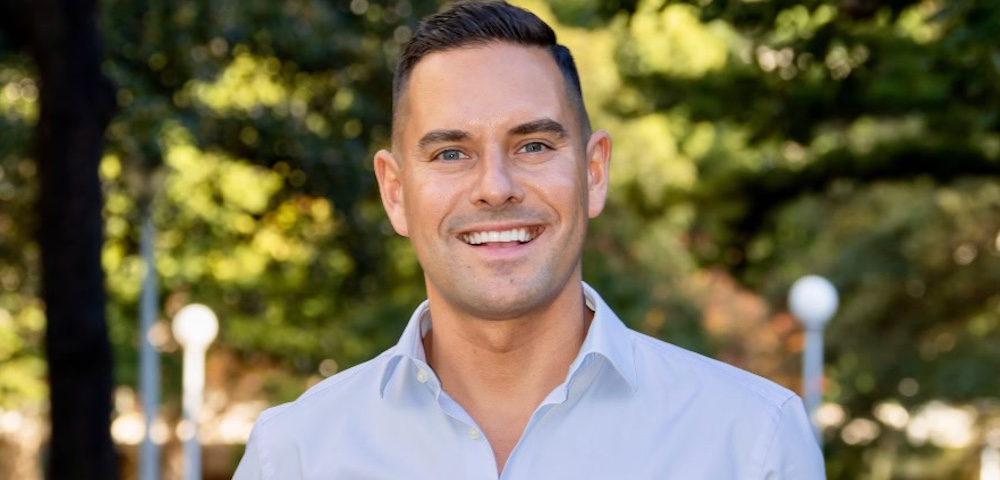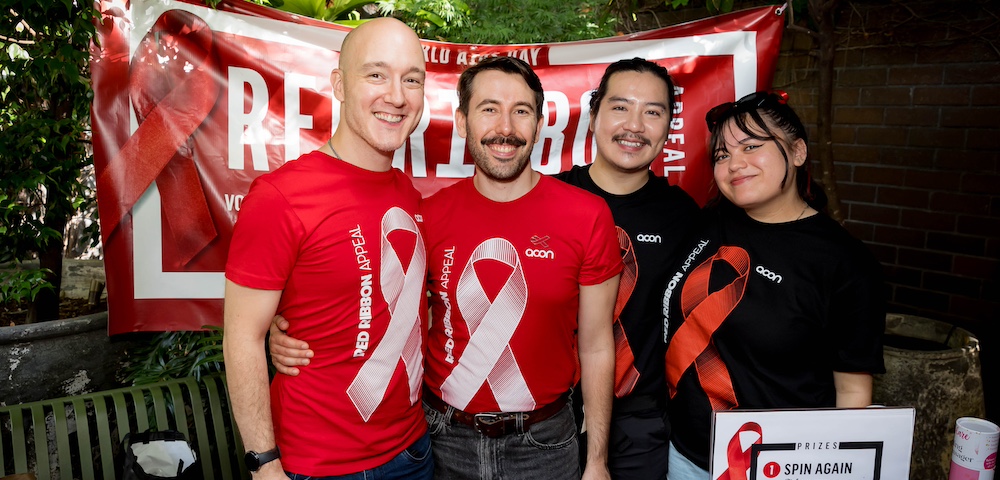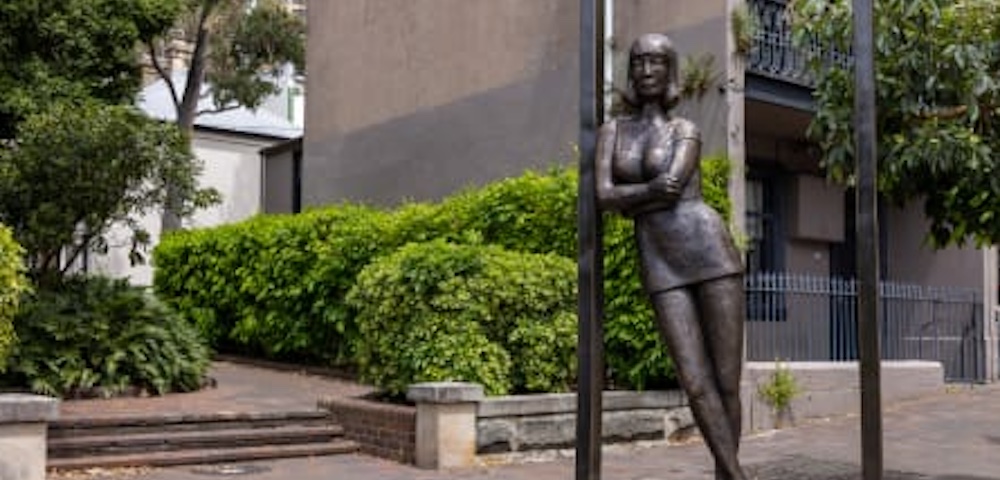
AFAO welcomes funding increase
The Gillard Government will increase Australia’s commitment to the Global Fund for AIDS, TB and Malaria by $255 million – or 55 percent – over the next three years.
The move has been welcomed by the Australian Federation of AIDS Organisations (AFAO), though the organisation believes more needs to be done in the Asia Pacific region.
“We congratulate the Government on this very substantial 55 percent increased pledge to the Global Fund in tight financial circumstances and we believe it is very appropriate in light of Australia’s far better financial outcome from the global recession than nearly all other major contributors to the Global Fund,” AFAO executive director Don Baxter (pictured) said.
“[But] the overall pledges by the richer countries fall well short of the Global Fund’s target of $20 billion and the $11.7 billion pledged will mean HIV prevention and treatments programs will fall further behind the pace of the virus. After making welcome though inadequate inroads against the virus over the last five years we will now go into reverse at the global level.
“This means more premature deaths and social disruption and more costs in the longer term — but in this context the Australian Government has done well.”
Baxter said that while increased funding for the Global Fund was welcome, the Government should not stop there.
“HIV epidemics in our Asia Pacific region are being driven by injecting drug use and increasingly by male-to-male sex,” Baxter said.
“The Government’s AusAID HIV Strategy correctly prioritises sex between men as the main emerging priority of concern but its funding allocations to date still do not reflect this priority at all.
“Time is running out to intervene in the rampant epidemics among men who have sex with men sweeping through Asia’s poor megacities and allocations to intervene in these epidemics must be made as soon as possible.
“We all know what needs to be done — we just don’t have the funding to do it.
“We are calling on the Government to inject a further $30 million over five years into prevention and support programs in our near Asian neighbours.”









